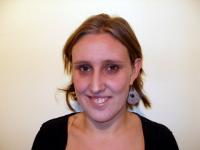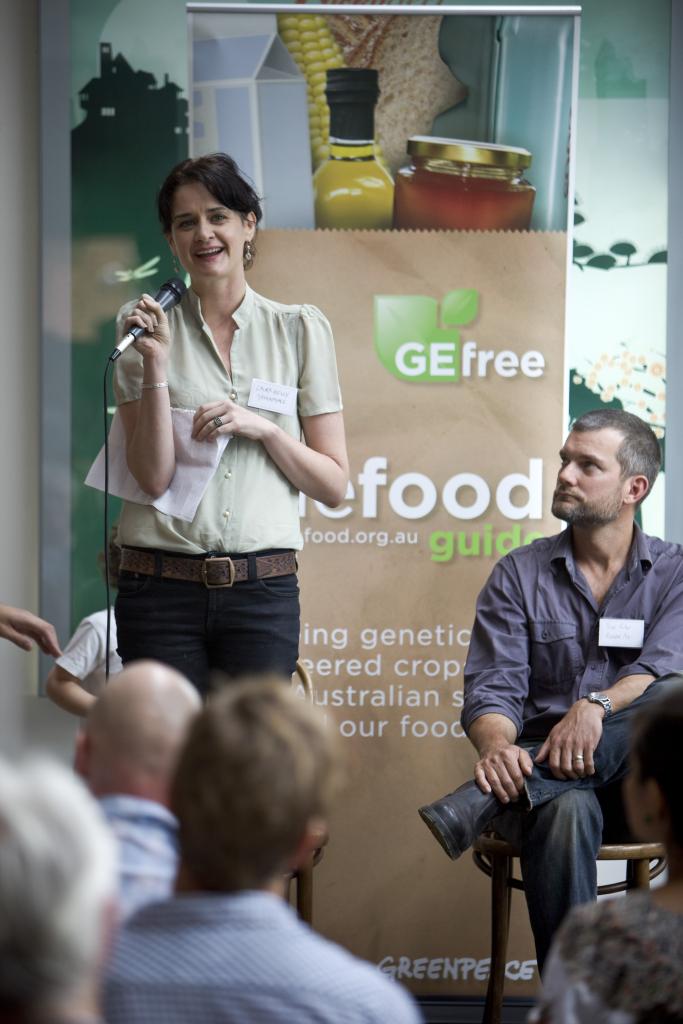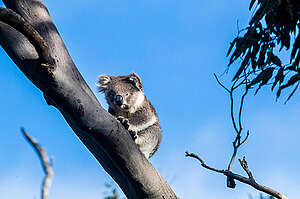It’s International Women’s Day today and so from all of us at Greenpeace, a big shout out of acknowledgement goes to the millions of women who are working to make this world a better place for current and future generations.
By Claire Parfitt and Julien Vincent
Disparities in economic, social and cultural equality are still so great in some parts of the world that you wouldn’t think it was the year 2011 but wherever you go, there are inspiring stories of women making a huge difference.
Close to home, Greenpeace has watched the 100% Renewable Energy community campaign grow over the past couple of years from a concept to a fully-fledged campaign with outreach across the country. Lindsay Soutar took on the job of making this campaign a reality with almost nothing to start with apart from her initiative, creativity and energy. Under her leadership the project has given rise to one of the most broad-reaching and active campaigns on renewable energy in Australia.

Community organising is hard work and the past two years has required a massive effort from Lindsay to simultaneously build the network of groups active in the campaign, keep the campaigned aligned with the climate movement in Australia and stay on top of renewable energy issues. While she’ll be the first to admit that she’s had plenty of help from her friends, Lindsay is one of many women who deserve congratulations for their incredible achievements to support a sustainable world.
 Another leading lady in the environment movement that ought to be recognised is our very own Laura Kelly. Leading up Greenpeace’s Sustainable Agriculture and Genetic Engineering campaign, Laura is a woman who has dedicated many years to social and economic justice through grassroots campaigns for human rights. She has now turned her efforts to defending the rights of people everywhere to safe, healthy and nutritious food. The aptly named SAGE campaign reflects the wisdom of people and communities who are unwilling to have their food supply controlled by multinational chemical companies.
Another leading lady in the environment movement that ought to be recognised is our very own Laura Kelly. Leading up Greenpeace’s Sustainable Agriculture and Genetic Engineering campaign, Laura is a woman who has dedicated many years to social and economic justice through grassroots campaigns for human rights. She has now turned her efforts to defending the rights of people everywhere to safe, healthy and nutritious food. The aptly named SAGE campaign reflects the wisdom of people and communities who are unwilling to have their food supply controlled by multinational chemical companies.
Gender equality is central to the realisation of basic rights such as food sovereignty. Women still bear primary responsibility for care-giving, domestic labour and food provision in Australia. In the developing world, women make up 20-50% of the agricultural workforce, but have access to only 3-20% of the arable land. Equal access to agricultural resources could mean an increase in production and a reduction of 100-150 million people going hungry.
Around Australia, we continue to assert our right to have a say about the food we eat. In 2010, women took action to expose baby food contaminated with GE ingredients, supported in their actions by more than 33,000 people who are members of the Greenpeace True Food Network.
This year, the SAGE campaign focuses its efforts to keep GE wheat off our dinner tables and to ensure that farmers and communities have a say about where their food comes from.

